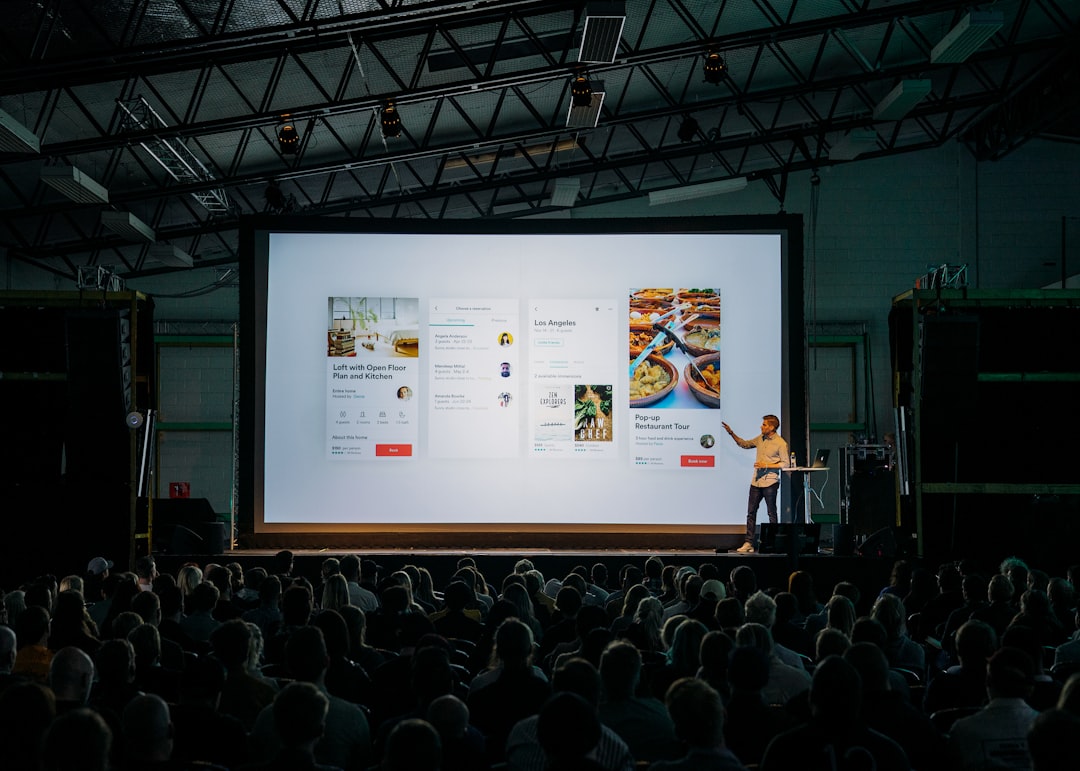Table of Contents
The Transformation of Learning through Technology
The vast expanse of natural sciences presents a unique set of challenges for students striving to attain expertise. Traditionally, complex concepts, voluminous notes, and meticulous lab work have been the crux of a student’s life exploring this field. However, the advent of digital tools has unveiled a gateway to personalized, effective, and efficient learning experiences. AI-powered study tools are among such innovations that have significantly transformed the learning dynamics.
The Potential of AI in Education
AI-powered tools offer the potential of intelligent tutoring, with features such as cognitive recognition, adaptive learning, and predictive analytics playing a key role. On the other hand, 'Presentation Hacks' serve as the icing on the cake, providing students the art of efficiently communicating their understanding.
Synergy of AI Tools and Presentation Hacks
One might wonder, 'How can AI tools and presentation hacks work together to enhance learning experiences?'
The first aspect to consider is how learning occurs. Natural sciences involve intricate concepts, theories, and application-based understanding. The traditional approach might lead to cognitive overload, making it difficult for students to absorb and retain information. AI-powered study tools adopt an adaptive learning approach, constantly adjusting content and difficulty based on students' performances. They break down complex concepts into smaller, manageable components, helping students grasp and retain knowledge more effectively.
In essence, these tools are designed to provide 'ai answers' to specific problems by identifying students' weaknesses and pivoting the learning trajectory accordingly. So, whether you are grappling with complex biochemical reactions or the nuances of quantum physics, AI has the potential to personalize your learning experience.
The Art of Presentation in the Scientific Domain
However, comprehension is only one side of the coin. How you present your understanding plays an equally crucial role, especially in fields as diverse as natural sciences. 'Presentation hacks' play a pivotal role here, providing essential tips and tricks to effectively communicate your knowledge. From using mind maps to utilizing the rule of three, presentation hacks can streamline even the most complex scientific narratives.
Comparative Analysis: Technology and Presentation Skills
Taking a comparative approach, we also need to understand that technology and presentation skills tackle two different aspects of learning – absorption and expression. While AI-powered tools enhance absorption, effective presentation skills foster expression. However, the common factor here is the emphasis on efficiency.
'Work smarter, not harder' – this mantra can be seen at play in both contexts.
AI-powered learning tools optimize the study process. They track learning patterns and performance metrics, allowing students to focus on areas where improvement is required. The adaptive model employed by these tools mirrors the process of learning – understanding a concept, assessing knowledge through tests and quizzes, and then revising content based on performance.
On the other hand, effective presentation techniques emphasize clarity of thought and lucid communication. Tips such as starting with an engaging opener, using powerful visuals, and storytelling can help students significantly improve their presentation skills. Whether it's a term presentation, a lab report, or an exam, these hacks can transform complex narratives into comprehensible discourses.
The Future of Digital Education
The blend of technology and soft skills illustrates the future of education in the digital era. However, it’s important to remember that tools are just that - tools. They can enhance the learning experience but cannot replace the innate curiosity, learning drive, and critical thinking that form the basis of any educational endeavor.


